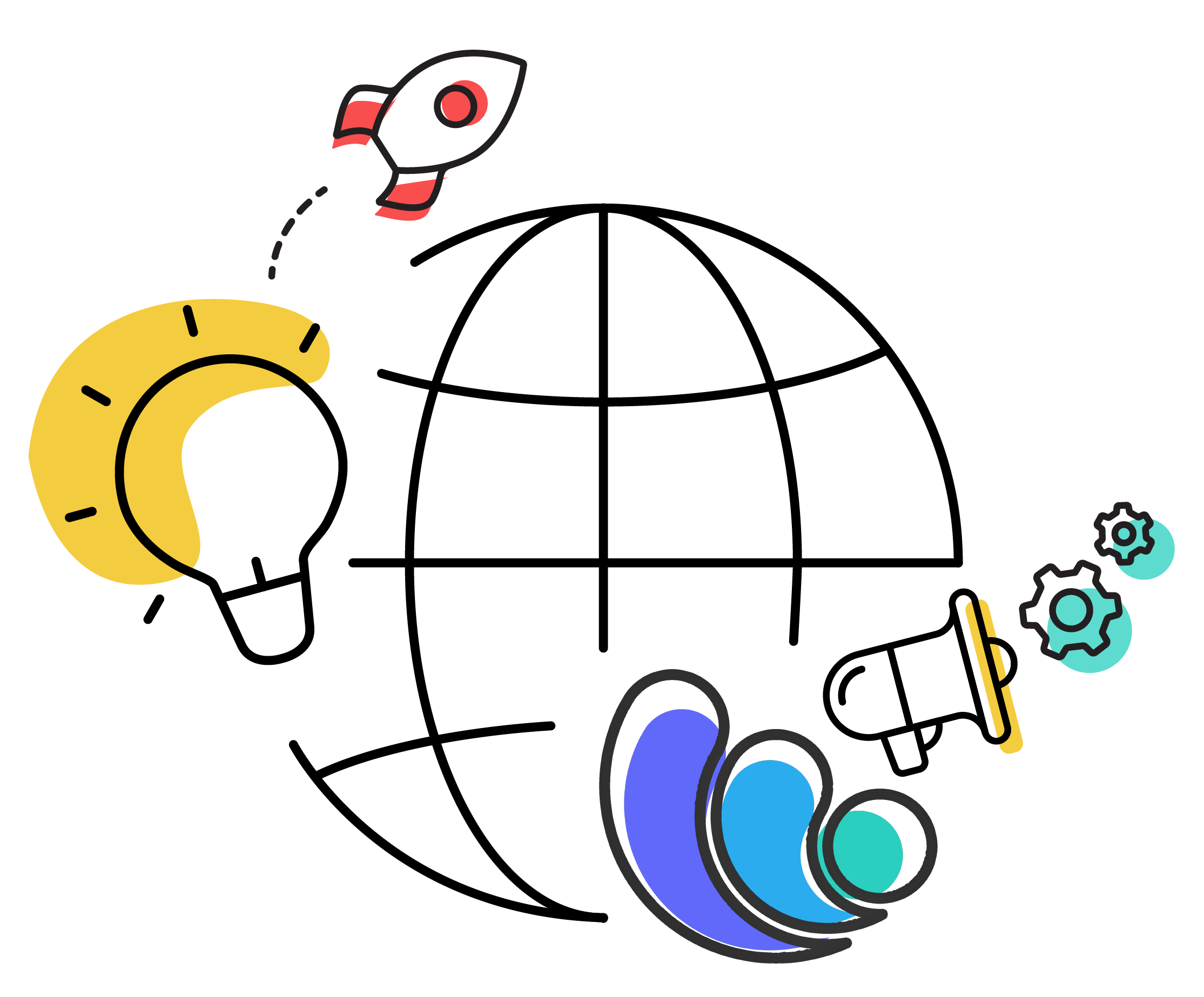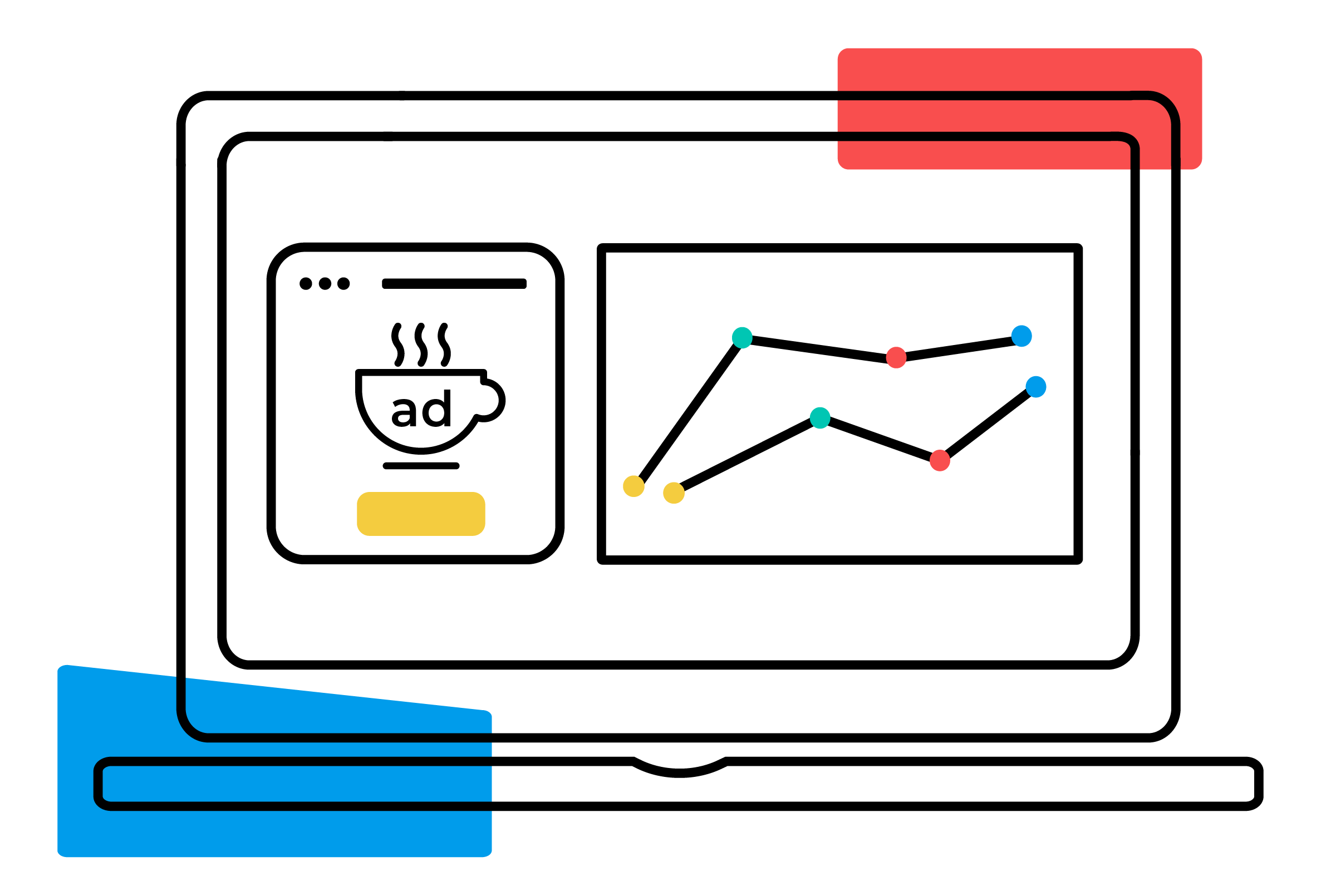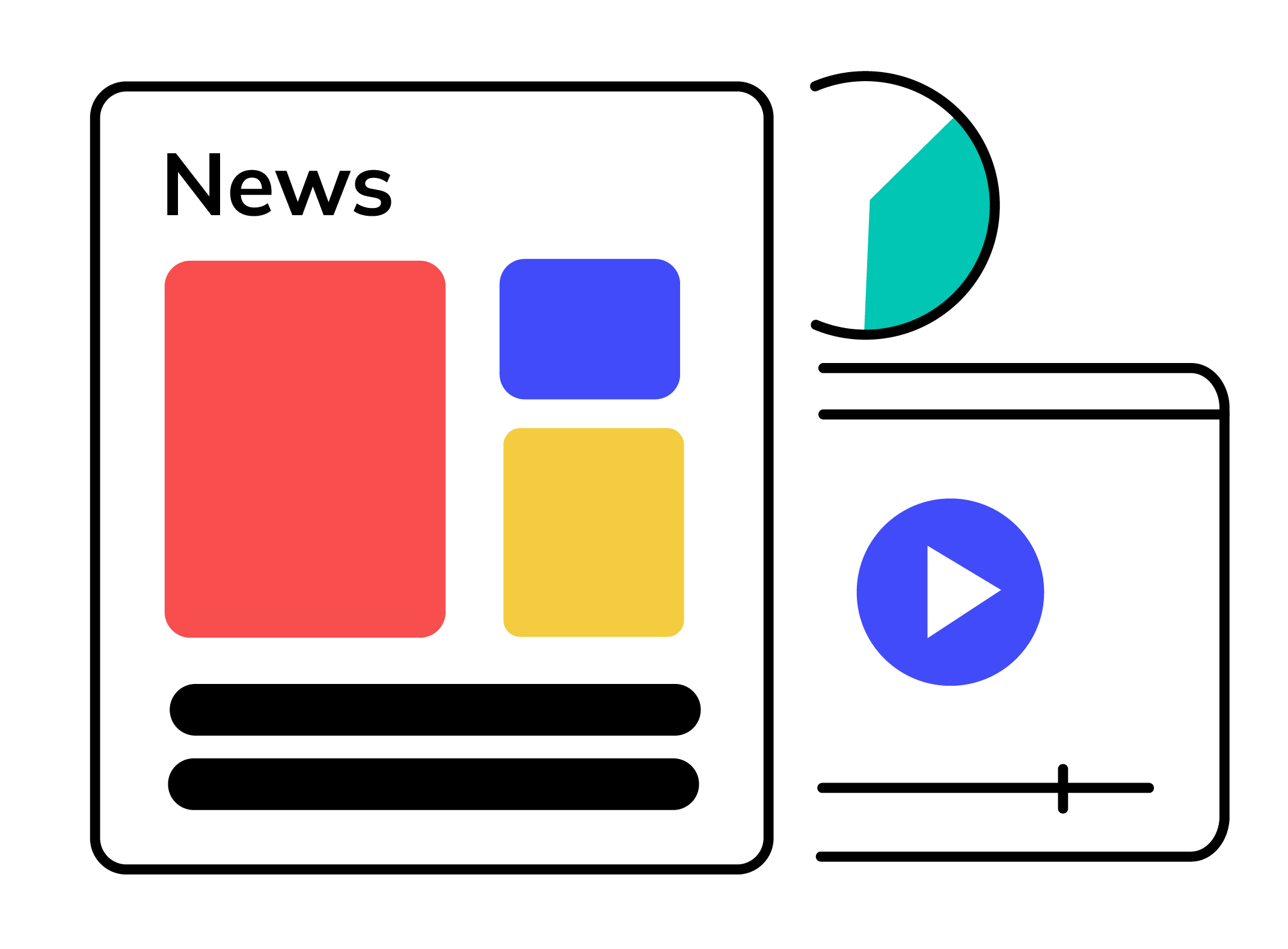


As I was finishing sewing sequins and gluing crystals on my daughter’s competition swim suit, many things were going through my head. With every secured bead, I was trying to mentally check off an item from my to-do list. Did I take care of enough things this weekend so I can have a more productive week?
- Laundry – check
- Cooking – check (husband to the rescue)
- Cleaning – check (although no one can see it anymore)
- Helping kids with homework – check
- Creating a presentation on effective remote management – check
- Laying out my career plan – check
- Helping elderly parents – check
- Playing with my kids, family time, social interactions – check, check, check!
Finally, I secured the last bead and cut the thread. Proud of my work, I showed it off to my husband who, after a quick inspection, told me that he could have never done anything like that even if his life depended on it. He was joking, of course. I have every confidence that if his life depended on it, he would figure it out and get it done, but it got me thinking about gender job stereotypes.
While I got carried away contemplating how to accelerate gender parity and women’s social, economic, cultural, and political achievements, my husband fell asleep by the TV in the family room. He’s done his fair share of housework this weekend and if not for his support, encouragement, and help I would not be where I am now in my career – in a role traditionally occupied by a male counterpart.
I’ve been in my current role as Director of Development for some time now, getting there by repeatedly completing challenging technical projects, thinking outside the box, and earning the respect of male and female colleagues alike through my hard work and perseverance.
Being driven and self-motivated, when promoted to my current position, I passionately embraced my role and the responsibility that came with it. In the past few years I’ve completed an MBA program, regularly attended various workshops and events for women in leadership, been on the company’s list of top learners, started mentoring and leading career circles. I improved my communication and presentation skills - I have had to work especially hard since English is not my native language. Moreover, due to the nature of my job, I operate with a limited vocabulary of variable definitions and logical statements. And if, when, or until I keep doing it with an optimal number of statements and without getting into an infinite loop, I am good (hope I got a programmer smile). Finally, I even got certified as a life coach which gave me even more tools and insights into how to help drive excellence and results in a more balanced and mindful way.
None of this is a requirement of my current position. I’ve done it all because I wanted to learn and to grow, but I wonder, did I also do it to prove to myself that I’m worth it, worth my position, worth being promoted to the next level? I know this is not just a pursuit of a suit. I want to make a difference, to impact the whole organization and its culture. I’ve finally convinced myself that I have enough to give back, enough creative and relevant ideas to share. That convincing took some time...
The mixture of creativity, emotional intelligence, flexibility, and empathy is what sets us, women, apart, and in combination with an analytical brain can propel us very far. Our loyalty and a strong sense of responsibility make us very valuable as a workforce for any organization. Women often bring a different perspective, challenge norms, and uncover unexpected angles and possibilities.
During a call the other day, I caught myself picking up on something being off in a colleague’s tone of voice. I followed up and found out what the point of frustration was. Luckily, I was able to help, and not only did it make my colleague feel better, but also improved the workflow of the project.
In the age of globalization and remote work, the era of limited visual clues and information overload, being able to sense tiny nuances makes a big difference. Women are wired by nature to be attuned and to pick up on the most subtle changes in others. How else can a mother tell the difference between a hungry baby cry, a sick baby cry, and a bored baby cry? Her control systems have to be functioning in the most optimal, effective, and efficient manner. Especially when that mother has a full-time job and many other responsibilities that keep on piling up and multiplying exponentially in the times of a global pandemic. The pandemic which has inadvertently undone some progress made on this subject, setting many women who stepped up as primary caregivers and household keepers, years back in their career growth and suit pursuit.
I got carried away thinking, dreaming, writing down ideas and had to pull myself back to reality which is in my ‘temporary’ office that I created in my bedroom for the time of quarantine. It was getting late, but I could still hear my son playing in the other room. I had to go, give him a bath and a snack so he can fall asleep and I can clean the kitchen and get in bed with enough time to catch some Z’s in order to look cheerful and pretty for my morning on-camera meeting. I spent time preparing for my meetings next week and thinking through different perspectives that could pose challenging arguments for shifts to begin. There’s more to do but it’s definitely a start and, for now, I can call it a night.
And here’s the suit that started this. Isn’t it a beauty?!










